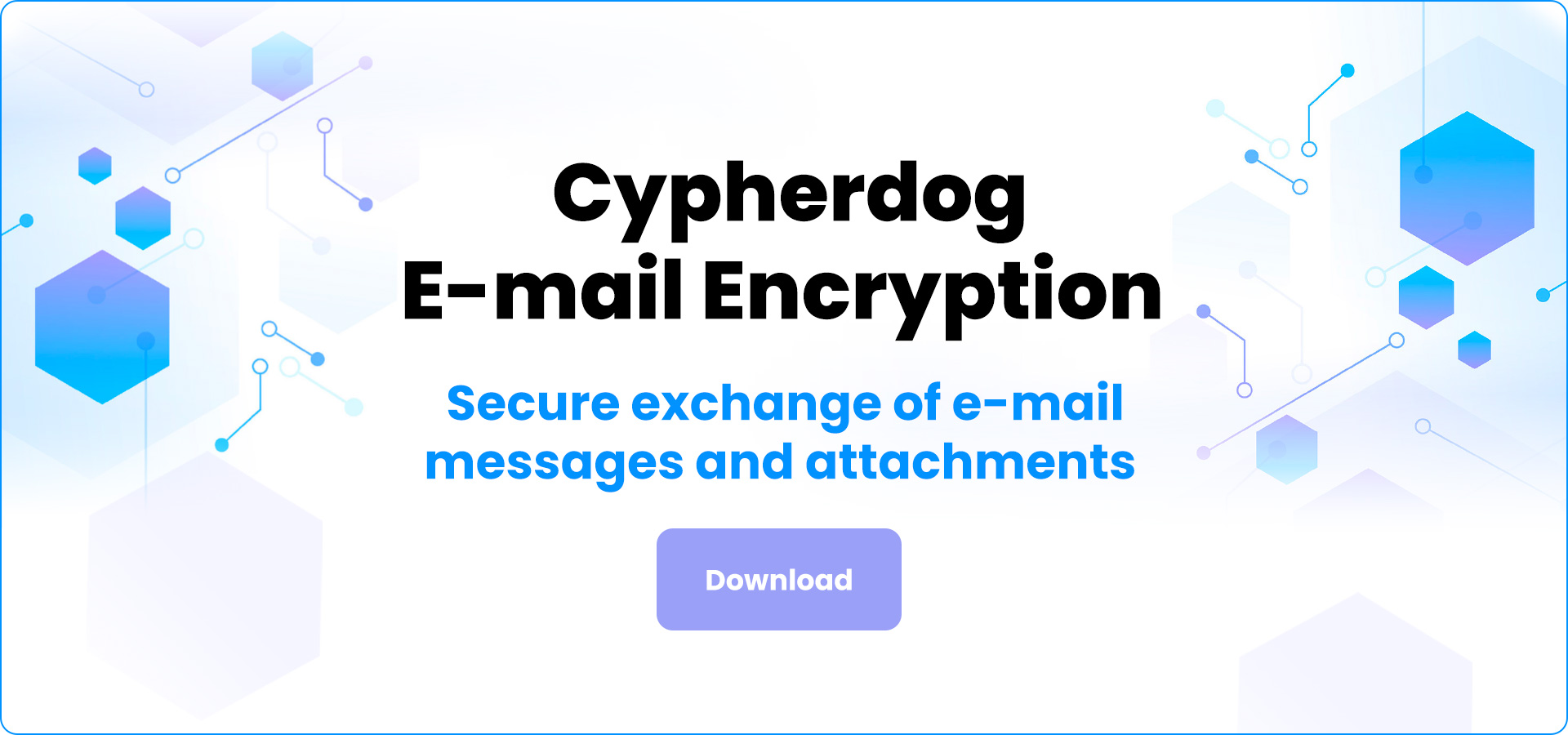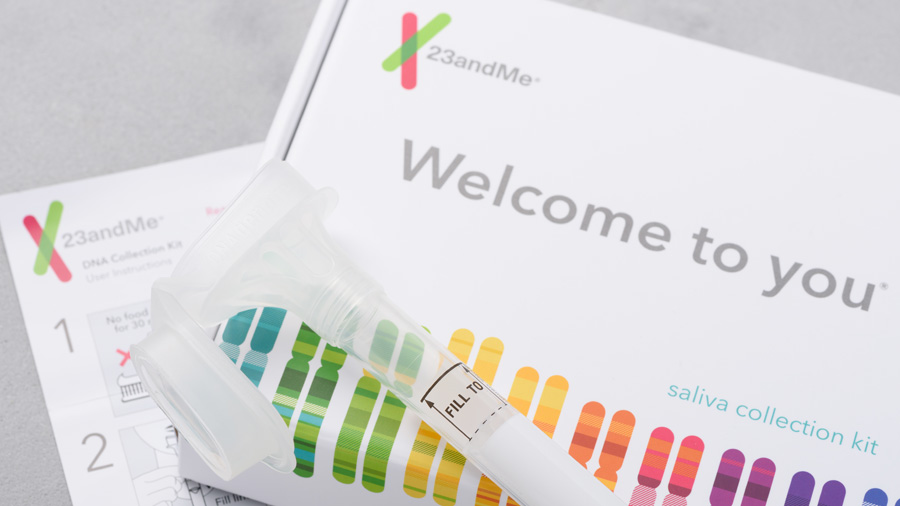Sleep Better Knowing Your Files are Safe: A Closer Look at Dropbox’s Encryption

Have you ever wondered whether Dropbox encrypts your files? If you’re like most people, the answer is probably yes. After all, Dropbox is a cloud storage service that many people use to store sensitive information. So, does Dropbox encrypt files? The answer is yes, but let’s take a closer look at what that means.
What is encryption?
Before we dive into whether Dropbox encrypts files, let’s define what encryption is. Encryption is the process of converting information or data into a code to prevent unauthorized access. In other words, encryption is a way to protect your files from prying eyes.
Does Dropbox encrypt files?
Yes, Dropbox does encrypt files. According to Dropbox, all files uploaded to their servers are encrypted using 256-bit AES encryption. This means that your files are scrambled into a code that can only be deciphered with the correct encryption key. So, even if someone were to gain access to your files, they would not be able to read them without the encryption key.
What about privacy?
Encryption is important for privacy, but it’s not the only thing you should consider when it comes to using a cloud storage service. Dropbox has access to your files and metadata, which could potentially be used for tracking or other purposes.Users face several security risks due to this situation. A Dropbox worker with malicious intent could unlock private files, although access to encryption keys required for such actions is limited to only a few employees. However, the storage of all encryption keys by Dropbox means that hackers could steal these valuable pieces of information. However, Dropbox most likely stores them in a highly secure location. Additionally, Dropbox has been known to share information with law enforcement agencies if legally required to do so.
What are your options?
If you’re concerned about privacy, there are other services that offer end-to-end encryption. This means that your files are encrypted on your device and can only be decrypted with a key that’s only stored on your device. One such service is Cypherdog Encryption. With this solution, it is possible to encrypt and decrypt any type and size of text or file, and easily share them through various platforms. This can be done using Cypherdog’s Chrome, Edge, and Firefox plugins, which are compatible with popular e-mail services like Gmail, Outlook and Thunderbird. Alternatively, you can use any other communication method, such as Slack, WeTransfer, Google Drive or Dropbox to securely send and receive your encrypted messages and files. The user can be assured that only the specified recipient will be able to access the content in its original format. Cypherdog Encryption provides the absolute protection of your private key. Upon your initial login to the Cypherdog Encryption App, a unique private key is created exclusively for your use (whether you are an individual or a business entity), thus guaranteeing that you retain sole possession of that key and denying its access to any other party.
In conclusion, Dropbox does encrypt your files using 256-bit AES encryption, which is an encryption standard. However, it’s important to remember that Dropbox does have access to your files and metadata, which could potentially be used for tracking or other purposes. If you’re concerned about privacy, consider using a service like Cypherdog Encryption, which offers end-to-end encryption and other security features to protect your data.


